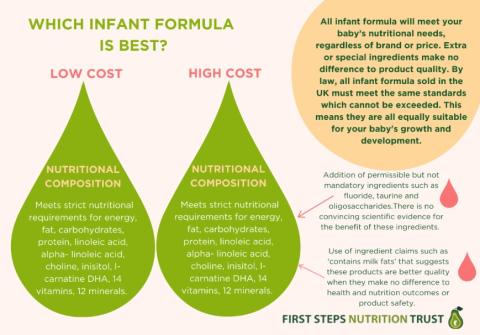Feeding your baby
As a maternity unit we will support you with your infant feeding choices.
We have worked closely with our mums and have put together some information to help and support you in your infant feeding journey.
Breastfeeding Friend from Start for Life
The Breastfeeding Friend, a digital tool from Start for Life, offers practical information and advice on breastfeeding.
Get answers to questions asked by new mums, and tips on things like sore nipples and what to do if your baby cries during feeds.

Feeding your baby and climate change
Increasing breastfeeding rates correlates to improved infant and adult health and helps to reduce greenhouse gases and lessen the environmental impact of food alternatives. When compared with breastmilk, milk production uses large amounts of water and has a high carbon footprint.
How does breastfeeding save money?
This video is for women and birthing people who are thinking about getting information about feeding and caring for their babies. This video will help raise awareness of the positives of breastfeeding and hopefully support you in making an informed decision . It has been produced with help from women and staff across South Yorkshire.
We know that everyone’s breastfeeding journey is different, personal, and unique, and although your journey can go smoothly; sometimes you might not be able to feed your baby the way you want to or had planned to. There are lots of reasons why this might be, and this can be a difficult time, but support is available. We encourage you to talk to your midwife, health visitor or your local infant feeding support team who will be able to support you in your feeding journey regardless of your feeding method.



